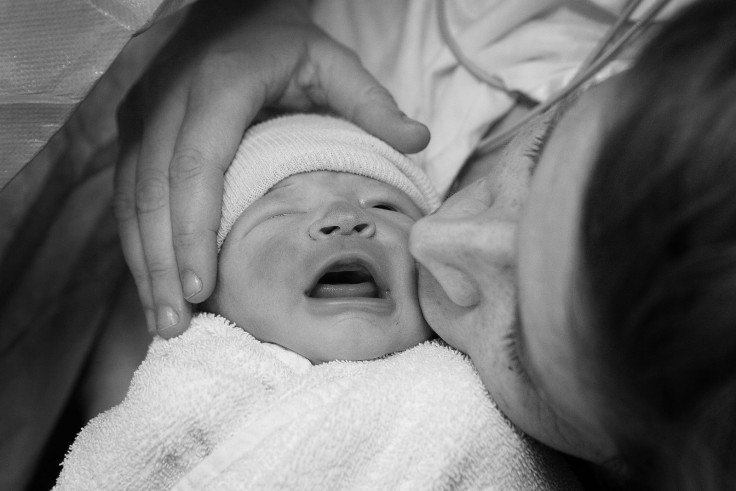What is baby brain? Pregnant women's absent-mindedness is a real phenomenon and can be measured
Reduced job performance or impaired ability to navigate complex tasks is rarely affected, say researchers.

"Baby Brain" or "Mumnesia", a phenomenon where pregnant women seem to be unusually forgetful and absent-minded, has been measured and proved to be a real thing. In most cases, it goes unnoticed unless the affected woman herself or people she interacts with closely pay attention.
This absent-mindedness is characterised by women in everyday life in simple tasks like forgetting where they left objects such as keys or forgetting what they are doing mid-task, reports Science Alert (SA), citing findings of a study, first published in the Medical Journal of Australia.
Some women have even reported losing track of conversations and staying organised, while others have mentioned difficulties returning to work. Reading comprehension is also apparently affected, notes the report.
A meta-analysis was conducted by researchers at Deakin University and they have concluded that getting pregnant does indeed mess with women's brains. A total of 1,230 women were part of the study, with 709 pregnant and the remaining 521 non-pregnant control groups.
The research was conducted as a meta-analysis, so it involved 20 separate studies that spanned the 10 year period starting 2007. These studies all involved subjects that included several cognitive functions and not just memory. They all did, however, include at least one standard measure of cognitive function, the report states.
The research concluded that after analysing all the data, pregnant women surely did have poorer cognitive function than non-pregnant women.
"General cognitive functioning, memory, and executive functioning were significantly reduced during the third trimester of pregnancy (compared with control women), but not during the first two trimesters," researchers wrote in their paper, adding that a decline in cognition develops during the first trimester. This result is in line with a separate, unrelated study that showed during pregnancy, women show a physical reduction in grey matter that goes on for at least two years after childbirth.
It is believed that women undergo this change at that time because they need more brain power to be focussed toward the "business of child rearing", noted one of the researchers.
While the actual effect this has on a woman's quality of life is yet to be assessed, the study also found that the measured drop in cognition stayed very well within a normal and functional range.
"These small reductions in performance across their pregnancy will be noticeable to the pregnant women themselves and perhaps by those close to them, manifesting mainly as minor memory lapses," says senior researcher Melissa Hayden. "But more significant consequences (e.g.,) are less likely," she added.





















